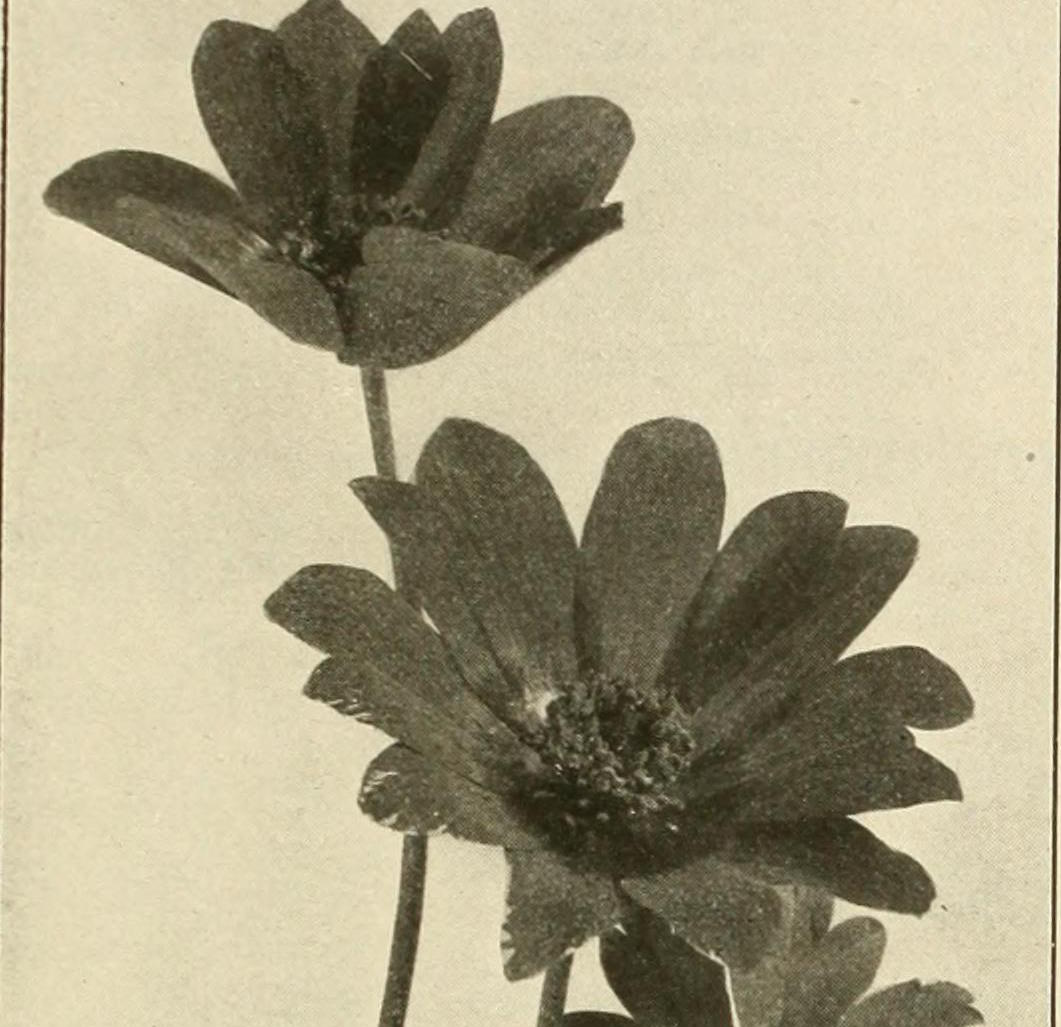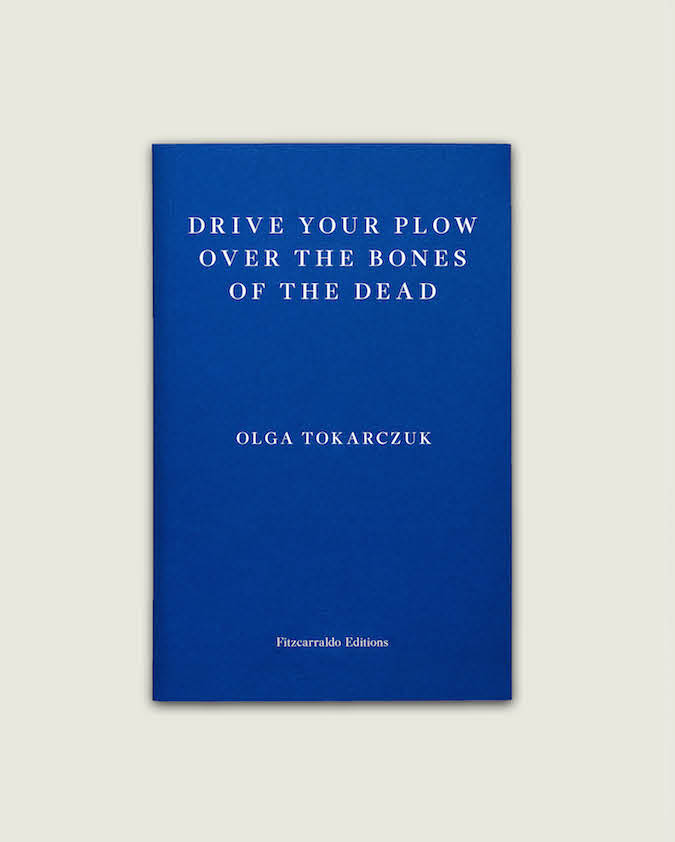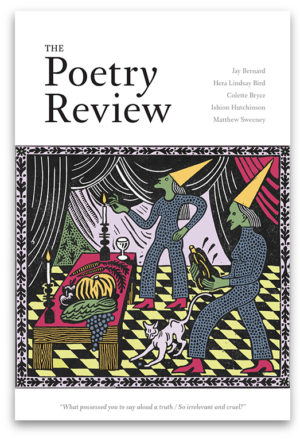
Tuesday, 2 October: Launch party for Limbo by Dan Fox
Please join Fitzcarraldo Editions for the launch of Limbo by Dan Fox at Tenderbooks.
6-8pm. Tenderbooks, 6 Cecil Ct, London WC2N 4HE.
The launch is free and open to all. Please RSVP to info@fitzcarraldoeditions.com
*
Wednesday, 3 October: Christina Hesselholdt at the American University of Paris
Christina Hesselholdt will be presenting her novel Companions at the AUP.
6.30pm. Room 103 of 6 rue Colonel Combes (75007). Free and open to all but please notify AUP at cwt@aup.edu at least 24 hours before the event and bring a photo ID.
*
Thursday, 4 October: Annie Ernaux at Shakespeare and Co.
Annie Ernaux will be reading from and discussing The Years at Shakespeare and Co.
7pm. 37 rue de la Bûcherie, 75005 Paris, France. Free and open to all.
More information can be found on the Shakespeare and Co. website.
*
Monday, 15 October: Launch party for Olga Tokarczuk at TANK.
Please join us for the launch of Drive Your Plow Over the Bones of the Dead by Olga Tokarczuk (tr. Antonia Lloyd-Jones). Olga Tokarczuk and Antonia Lloyd-Jones will give a short reading and there will be some drinks.
The event is free to attend but please RSVP to info@fitzcarraldoeditions.com
6.30pm-8.30pm. TANK, 91-93 Great Portland Street, London W1W 7NX.
*
Tuesday, 16 October: Screening of Spoor and Q&A with Olga Tokarzuk at Curzon Bloomsbury
We host an exclusive UK screening of Spoor (Pokot) – directed by Agnieszka Holland and based on Drive Your Plow Over the Bones of the Dead by Olga Tokarczuk – in partnership with the Curzon Bloomsbury. There will be a Q&A with Olga Tokarczuk after the screening.
6pm-9.30pm. Curzon Bloomsbury, The Brunswick Centre, London WC1N 1AW.
Tickets are £16 and available to book on Curzon’s website.
*
Wednesday 17 October: Olga Tokarczuk at Cambridge Literary Festival
Olga Tokarczuk will be in conversation with Kasia Boddy at an event hosted by the Cambridge Literary Festival at Heffers Bookshop Cambridge.
6.30pm. Heffers, 20 Trinity St, Cambridge CB2 1TY.
Tickets are £10 and available to book here.
*
Thursday 18 October: Olga Tokarczuk and Antonia Lloyd-Jones at London Literature Festival
Olga Tokarczuk and Antonia Lloyd-Jones will be discussing Drive Your Plow Over the Bones of the Dead at London Literature Festival, hosted by the Southbank Centre.
7.45pm. Purcell Room, Southbank Centre, Belvedere Road, London SE1 8XX.
Tickets £15 (£3 booking fee) and available to book here.
*
Sunday 28 October: Mathias Enard at the Festival of Italian Literature in London
Mathias Enard will be in conversation with Nicola Lagioia (chaired by Catherine Taylor), discussing the role of the European novel in the face of political turmoil. The event is part of the Festival of Italian Literature in London, and will take place at Print Room at the Coronet.
4.45pm. Print Room at the Coronet, 103 Notting Hill Gate, Kensington, London W11 3LB.
Tickets are £5 and available to book here.
*
Monday 29 October: Mathias Enard at the London Review Bookshop
Mathias Enard will be reading from and discussing his novella Tell Them of Battles, Kings and Elephants (tr. Charlotte Mandell, published 1 November 2018) with Elif Shafak at the London Review Bookshop.
7pm. 14-16 Bury Pl, Bloomsbury, London WC1A 2JL.
Tickets are £10 and available to buy on the LRB bookshop’s website.
*
Tuesday 30 October: Mathias Enard at Caravansérail
Please join us to celebrate the launch of Mathias Enard’s Tell Them of Battles, Kings and Elephants (tr. Charlotte Mandell) at Caravansérail, 5 Cheshire Street, London E2 6ED from 6.30-8.30pm. There will a short reading; there will be drinks. The launch is free and open to all but please RSVP here.



